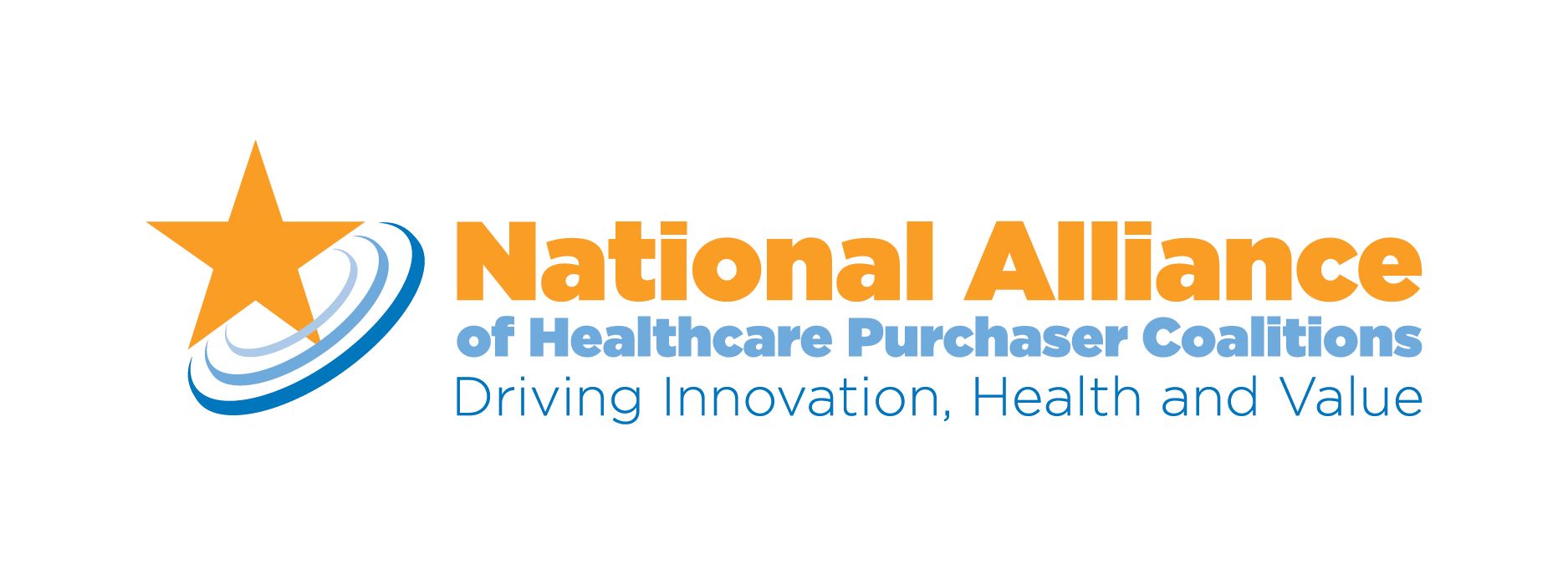
How Machine Learning, Digital Therapeutics Improve Personalized Care

Panelists at the National Alliance of Healthcare Purchaser Coalitions 2022 Leadership Summit discussed the latest innovations in digital therapeutics and how they benefit patients on an individual and broad scale.
In a session at the National Alliance of Healthcare Purchaser Coalitions 2022 Leadership Summit, leaders of various types of companies talked about how the latest innovations in personalized health change how patients receive care.
Machine Learning and Personalized Health Care
Rich Krutsch, vice president of people services at ArcBest, opened the conversation by emphasizing the need for people-first, data-driven approaches to improve the patient experience when seeking care.
According to Krutsch, from a behavioral economics perspective, there are 2 mechanisms: fuel and friction.
“If you reduce friction to the health care that people need, they're much more likely to take it up,” he said, noting that fuel, or incentives, can only do so much.
In partnership with Included Health, ArcBest developed a chat-based coaching system that reduces friction by having a coach help triage patients to the appropriate type and level of care. Specifically, the system utilizes machine learning to help assign patients into wellness groups, predict overall health care costs at an individual level, and “prescribe” other actions to improve patient outcomes, and has been shown to improve wellness while also reducing expenses.
Krutsch said this type of machine learning approach not only helps the singular patient, but helps understand and predict a population of patients, and other companies can and should learn from this method.
“I think that, for us to be able to make a difference in the future and effectively navigate people through the health care supply chain, we've got to be better at holistic data, and that's kind of our approach,” he said.
Bradley Kirkpatrick, chief commercial officer of Hydrogen Health, added to this point by discussing how highly personalized care not only helps individual patients, but also helps close gaps in health equity.
According to Kirkpatrick, it’s not just about collecting the data, but also utilizing artificial intelligence (AI)—while still knowing when traditional brick and mortar is needed—to understand the next steps and create a conversation.
“It creates a health dialogue that's an AI layer that's available 24/7 to somebody and creates that comfort level that 'maybe there's somebody there for me all the time,’” he said.
When implemented, this machine learning approach produced a diagnosis with 85% accuracy based on what patients communicate. It also helps filter through which patients need medical attention and uses data from millions of patients to create a more specific prescription for a patient, not just group them into a drug class.
Kirkpatrick also noted that, while it uses machine learning, this isn’t an algorithmic approach, but instead uses information from the patient’s last answer to further the discussion and better understand the next steps.
“Twenty percent of the time, people need that peace of mind, and they don't go seek care, they don't need care, they'll treat it at home,” Kirkpatrick explained. “But 80% of the time, they can click 1 button and get to a physician within minutes and have whatever the issue is start to be resolved and treated.”
The Need for Convenience in Digital Therapeutics
Especially since the beginning of the COVID-19 pandemic, it has been challenging for patients to find therapists both in-person and virtually for behavioral health.
Again touching on the idea that friction and inaccessibility is a main barrier for patients, Madleine Makori, PharmD, senior medical science liaison at Big Health, stressed the importance of convenience for behavioral health care.
According to Makori,
Approved digital therapeutics, however, provide guideline-recommended behavioral care while also being affordable and accessible, and are backed by clinical data.
For Big Health’s digital therapeutic, it was found that 70% of users are reaching clinical improvement and working towards clinical remission. Makori noted that the studies that led to this finding will be repeated to ensure efficacy and safety, and that studies used to develop similar applications should be thoroughly researched to ensure it benefits a large portion of the population using it.
Closing the conversation was Paul Hering, senior director of market access, contracts, and pricing at Orexo US, who discussed 3 Orexo digital therapeutics for depression, alcohol use management, and opioid use disorder.
Similar to Hydrogen Health’s therapeutic, Orexo’s products use AI to interpret patient input and tailor different exercises and next steps for the patient based on their responses.
Among these exercises are different texts, audios, videos, brochures, and checklists for patients to work through. Adding onto the need for convenience, patients do not need to get a prescription or download an app to use them since they are accessible through a browser.
To conclude, Hering noted that every patient is different and therefore each requires a personalized path to health care.
Newsletter
Stay ahead of policy, cost, and value—subscribe to AJMC for expert insights at the intersection of clinical care and health economics.









